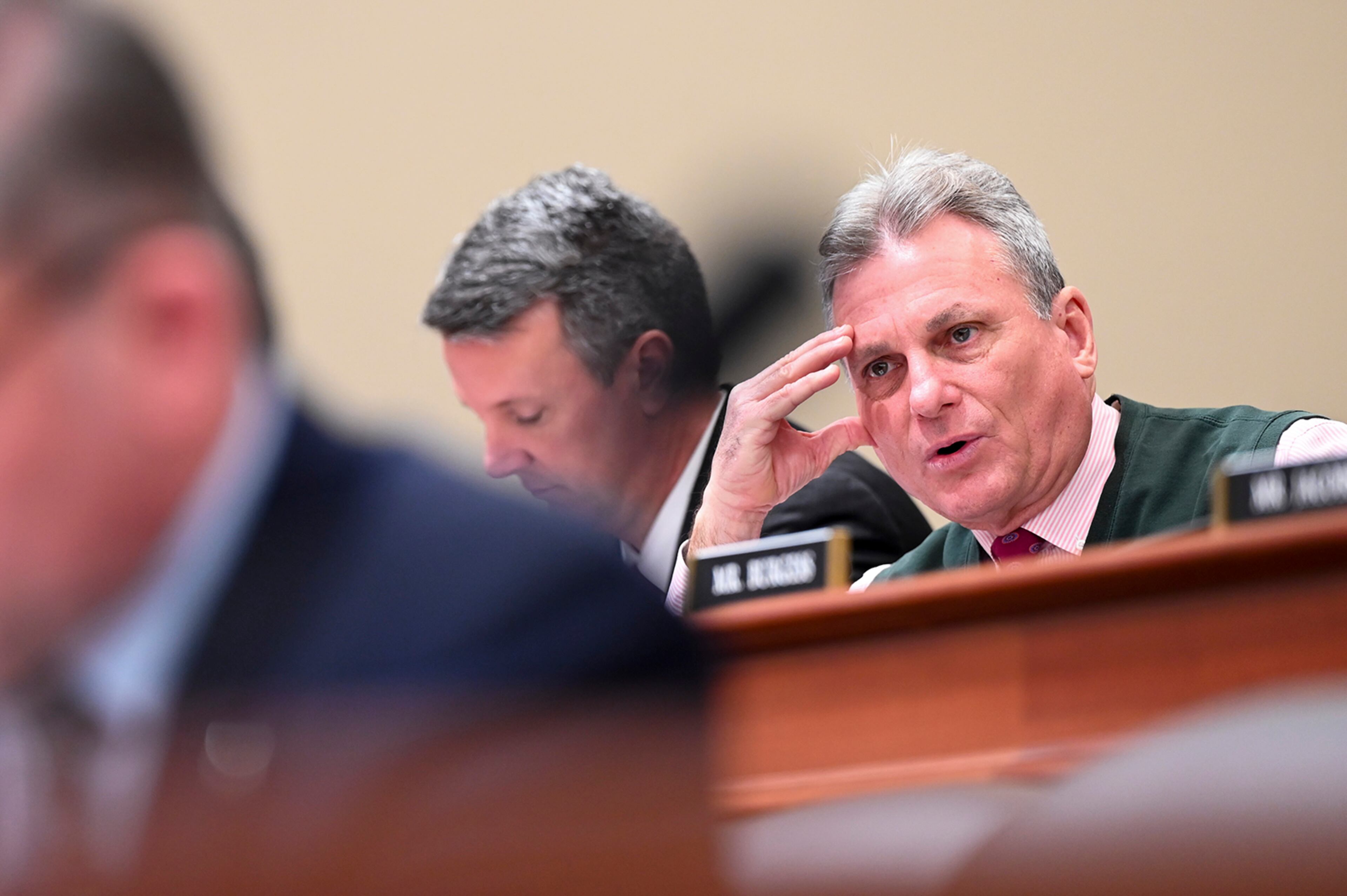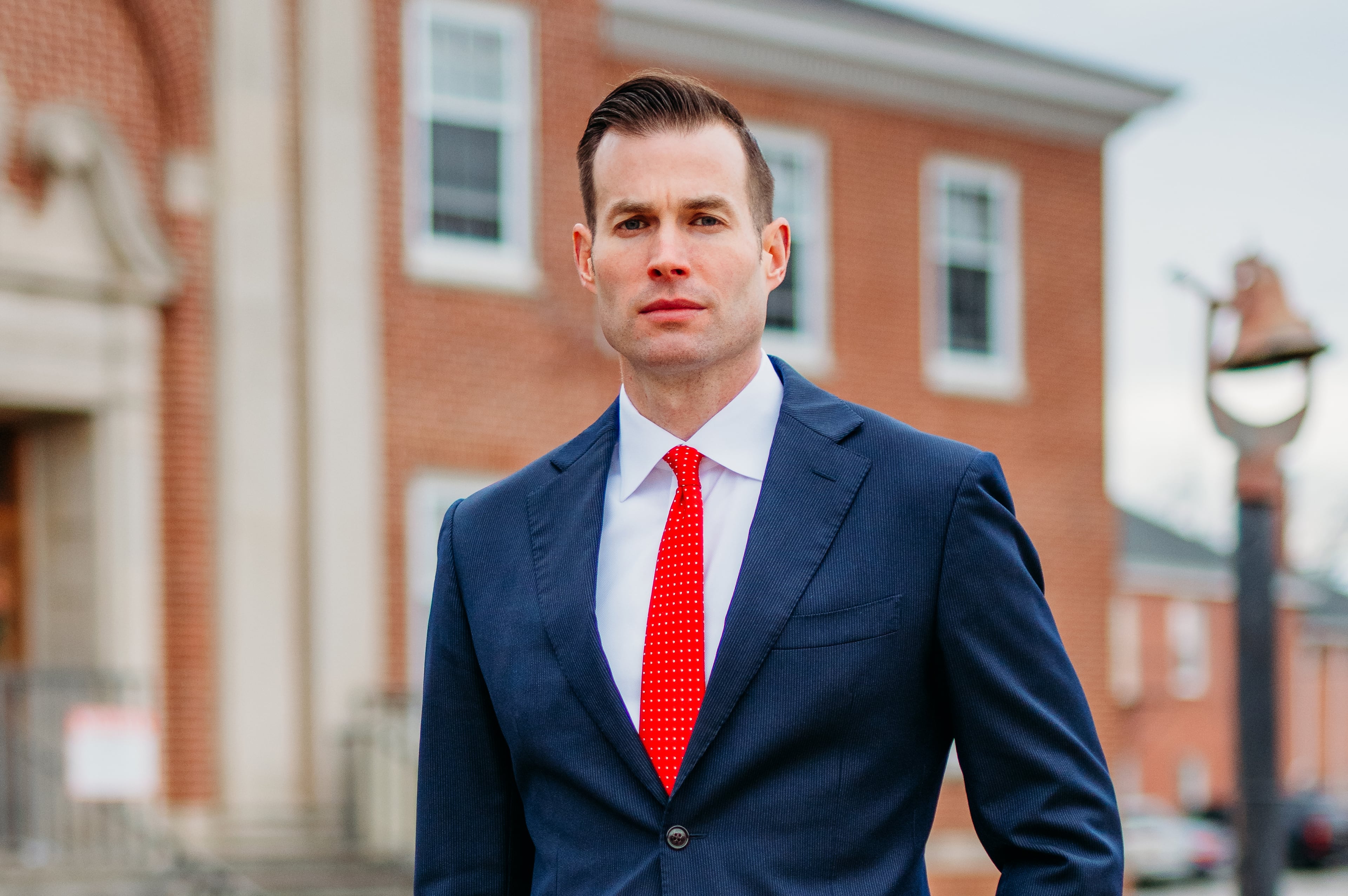Buddy Carter’s fundraising increases talk of 2026 statewide run

SAVANNAH ― Judging by coastal Georgians’ email inboxes alone, one might think U.S. Rep. Buddy Carter is locked in a tough reelection campaign.
The Carter for Congress campaign has been sending campaign donation solicitations several times a week — daily, in some instances — since August. He has raised more than $2.3 million this election cycle, second to only Rep. Marjorie Taylor Greene, R-Rome, among Georgia House Republicans, and he has nearly $3 million in cash on hand, including funds carried over from prior campaigns.
The five-term incumbent’s asks are often strongly worded, with attacks on Democrats and dire warnings about Carter’s political future should donors not contribute to him in his race against challenger Patti Hewitt.
Hewitt is a poorly funded first-time candidate, having raised just $54,536 as of Sept. 30. She has little name recognition beyond Savannah-area Democratic Party insiders. Coastal Georgia political experts expect Carter to repeat his success from his five previous House runs; he won each with at least 57% of the vote.
Carter often shares his campaign philosophy that there are two ways to run — unopposed or scared. And if you aren’t unopposed, you need to raise money. But his urgent solicitations and growing war chest have increased talk along the coast that he’s building for the 2026 election cycle, when he’s expected to challenge for statewide office.
Carter has hinted at interest in running for governor and was set to run for the U.S. Senate in 2022 against Sen. Raphael Warnock before Georgia Bulldogs football icon Herschel Walker entered the race. With Sen. Jon Ossoff’s term up in 2026, Carter could also be eyeing a challenge to the first-term Democrat.
Carter has deflected questions about his political ambitions. In an interview earlier this week on The Atlanta Journal-Constitution’s “Politically Georgia” podcast, he said his focus is only on the 2024 race and that “the future will take care of itself.”

His campaign chief, Chris Crawford, echoed that in a phone interview Wednesday, noting that super PAC dollars flooding into coastal Georgia in support of Democratic presidential candidate Kamala Harris could drive Democratic turnout and affect down-ballot races.
“You have to be prepared to fight on any and all fronts,” Crawford said.
Yet political experts say there is more to the congressman’s fundraising than readying for an eleventh-hour push in 2024. Brian Robinson, a Republican strategist, said any member of Congress in a safe district who makes a significant change in his or her campaign finance approach “typically has another goal in mind.”
Robinson was not talking specifically about Carter and noted that there are other explanations for fundraising blitzes, such as building cash to donate to other party candidates when majority control of the House is at stake, as it is in this election.
But Carter’s campaign finance records show that of the almost $1.3 million he’s spent in this campaign cycle, he‘s contributed $51,000 in support of other House candidates and about $206,000 to the chamber’s chief GOP campaign financing arm, the National Republican Congressional Committee.
Even Carter’s opponent, Hewitt, suspects the incumbent is “shoring up support for a future statewide run.” Carter has already raised more money this election cycle than he did in 2022, when he faced a well-funded Democrat, Savannah attorney Wade Herring. Hewitt said constituents she’s talked to sense Carter is “winding down” his House career, and that could help her in the election.
“The sense is his attention is elsewhere, and there are a lot of issues in the district that need to be taken care of,” she said. “Voters don’t like that.”
Carter has a reputation as a constituent-focused representative, a standing built throughout a political career that spans municipal, state and federal offices. He’s split time in recent weeks between the campaign trail and trying to assist coastal Georgians, particularly farmers, affected by Tropical Storm Debby and Hurricane Helene.
If Carter’s plan is to set himself up for a future run for higher office, he’s timed the push well. Georgia’s status as a presidential election battleground has meant he’s campaigned beside several high-profile Republicans in recent months, including GOP nominee Donald Trump, Gov. Brian Kemp and South Dakota Gov. Kristi Noem.
The onstage exposure makes the campaign solicitations resonate all the more, said Marion Bell, a professor of political science and public affairs at Savannah State University. Carter received 2,106 individual and committee contributions between July 1 and Sept. 30, almost as many as he did in the 18 preceding months combined.
“If you are a Republican with aspirations for statewide office, you need to get your name out and be one of those people who is aligned with Trump on a national stage,” Bell said. “When you start to run for Senate or governor, you need out-of-state donations, and the support you’ve already built does matter.”



